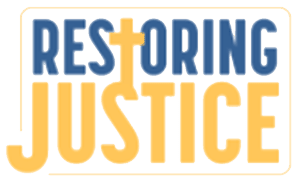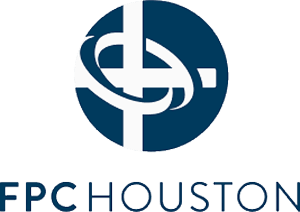Breaking It Down
On April 23, 2024, the U.S. Department of Labor (DOL) announced an update to the Fair Labor Standards Act (FLSA) regarding the Overtime Threshold, set to take effect on January 1, 2025. This impacts both Executive, Administrative, and Professional (EAP) Exemptions as well as Highly Compensated Employee (HCE) Exemptions.
• EAP Exemptions: To maintain exempt status, the minimum salary will increase from $844 per week to $1,128 per week, equivalent to $58,656 per year.
• HCE Exemptions: For Highly Compensated Employees, the minimum annual compensation will rise from $132,964 to $151,164, including $1,128 per week that must be provided as salary or fee.
What This Means for Your Business
With a higher overtime threshold on the horizon, you’re likely looking at several key impacts, from increased payroll costs to adjustments in workforce structure and compliance efforts. While these changes may increase overall expenses, taking a strategic approach now can help you manage costs effectively and reduce stress during this transition.
Key Impacts to Consider
• Increased Payroll Costs
With the higher threshold, some employees who previously qualified as exempt may now fall below it. To maintain exempt status, you may consider raising salaries for those on the edge, which will push payroll costs higher. Others may need to be reclassified as non-exempt, meaning they’ll now qualify for overtime pay—1.5x their regular rate for hours over 40 per week. Managing these shifts will require a balanced approach to control expenses without compromising your team’s needs.
• Budget Adjustments and Financial Planning
For organizations with many employees near the exemption threshold, payroll costs could see a sharp rise. This can create a ripple effect on cash flow, requiring careful budgeting. You may need to reallocate resources from other areas, potentially impacting investments in growth or new initiatives. Proactive financial planning will help you sustain these adjustments with minimal disruption.
• Changes in Workforce Management
To manage costs, you may explore redistributing workloads to minimize overtime hours or hiring part-time employees to absorb additional tasks. Some businesses may reduce hours for certain employees to prevent overtime. Be mindful, however, as this could impact employee income and morale. Balancing these decisions will be critical in maintaining workforce stability.
• Administrative and Compliance Costs
With the reclassification of employees, tracking time accurately for those moving from exempt to non-exempt will be essential. Consider investing in time-tracking software to simplify compliance and avoid potential penalties. Staying proactive in your compliance approach will help you avoid fines and maintain smooth operations.
How to Prepare
Preparation is key to minimizing the impact on your business. Start by assessing employee salaries to identify those who may fall below the new thresholds. Decide whether to adjust salaries to keep certain employees exempt or reclassify them as non-exempt. Analyzing the financial impact of these decisions is crucial, as reclassification may often be a more cost-effective solution for employees close to the threshold.
Adjust your budget as needed, recognizing that salary increases or overtime pay can significantly affect cash flow in smaller and mid-sized businesses. Finally, communicate openly with your team about any changes in classification or pay structure so they understand how this impacts them.
Why Preparation Matters
Failing to prepare for this change could lead to non-compliance with the DOL, which may result in penalties. Additionally, by proactively managing changes like this, you can improve retention, minimize disruptions, and maintain high morale—key factors in employee satisfaction and business continuity. The DOL has also announced that this overtime threshold will be reviewed every three years, so establishing a clear response plan now will create stability and prepare your business for future adjustments.
Achilles Group is here to help you navigate the FLSA update, analyze the impact on your business, and make the transition as seamless as possible for you and your team. By taking a strategic approach now, you’ll not only ensure compliance but also foster a resilient and well-prepared organization.








































